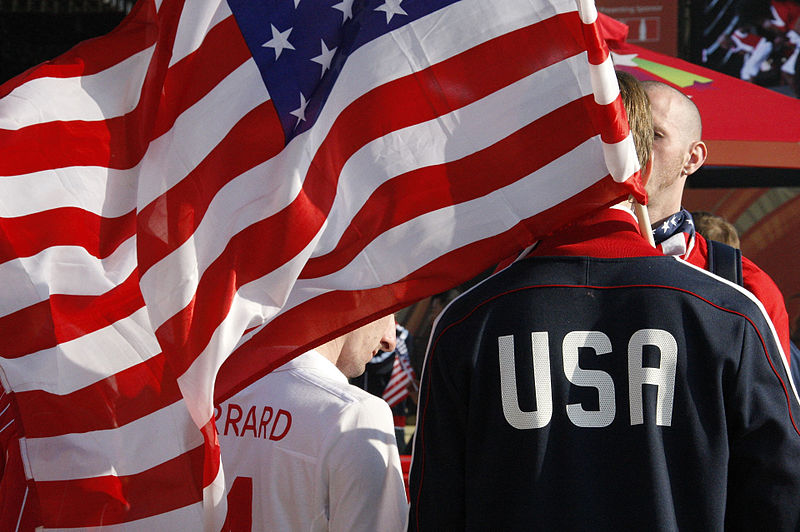College Coaches React to USMNT Failure to Qualify for World Cup
The USMNT, under the leadership of Bruce Arena, failed to qualify for the World Cup in 2018. The news came following a shocking 2-1 defeat to Trinidad and Tobago on October 10th; a date that will go down in soccer history as a truly somber day for the USA’s standing in the sport. What will become of U.S. soccer, and equally important, what needs to change for the States to find their place in future competitions?
The USMNT seemed destined to qualify before their game against Trinidad and Tobago. A win would guarantee them a place. A draw would probably be enough. Even a loss could carry them through if other teams in their group failed to produce wins. But their 2-1 loss, combined with wins from both Honduras and Panama, meant that the USMNT came to the end of their World Cup run before it had even truly begun.
An own goal started off the mishap as Omar Gonzalez deflected a cross in over the keeper to open the scoreline for the opposing team. The USMNT struggled to gain any traction on the waterlogged pitch, and Alvin Jones struck a neat goal into the right-hand side in the 37th minute to shut down the action.
The USMNT came back with flair in the second half, and rising star Christian Pulisic pulled one back in the 47th minute to redeem a sense of hope — a sense that slowly dwindled as the USA missed their golden opportunities to equalize. Despite holding 61% of the possession and shooting 15 shots, only five of their attempts landed on target and they couldn’t muster the strength to win the game. The defeat marks the first time since 1986 that the USA has failed to qualify for the World Cup.
Apart from ending the USMNT Cup run, the defeat has encouraged questions regarding the health and status of soccer in the USA. Many of the highest paid sports stars in the world are in soccer, and the global popularity is undeniable, yet the U.S. is yet to truly make its mark.
Todd Yeagley, the manager of the number one ranked U.S. college side in Indiana, believes that there will be strong overreactions to the game, with many deciding that U.S. soccer needs a complete reinvention and overhaul. He points out that things would have been different if the USMNT had won the game and people would probably be pretty happy with how it went. Yeagley thinks that the solution lies somewhere in the middle, but describes the outcome as “gut-wrenching”.
Bobby Muuss, the head coach of the second-ranked Wake Forest team who crushed Longwood 8-0 just the night before the USMNT match, gave his players the Wednesday off to commiserate. He believes that the “World Cups are meant to have the Americans in it”, and says that we need to take “a step backward to see what’s working and what isn’t.”
Meanwhile, Jay Martin, the head coach of the Ohio Wesleyan team for 41 years, thinks that the problem lies with the U.S. soccer culture, and says that soccer has become a vehicle for a lot of people to make money. He also points to discrepancies in the structure of U.S. soccer, highlighting that the U.S. Soccer Federation is not in charge of anything much and that each soccer organization seems to act independently. They are all “doing their own thing”, according to Martin.
The USA has many world-class sports on offer, and it seems that soccer is, at the moment, just one of them. Baseball, football and basketball players are developed early on, but the same is not true of soccer. Despite investments and plans for change, U.S. soccer looks to be on the decline, and the USMNT defeat marks a true low point. Can soccer in the U.S. grow and develop for the better? If so, a lot needs to happen.

